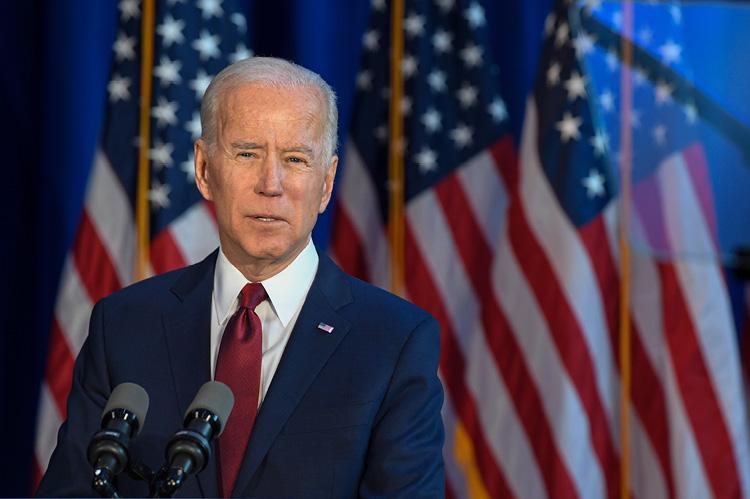President-elect Biden To Block Keystone XL

The incoming Biden administration will cancel the 1931-km Keystone XL transboundary tar sands oil pipeline on Inauguration Day, 20 January, in line with President-Elect Biden's many gloomy prognostications on the pipeline.
The decision comes in the wake of Canada's TC Energy announcing measures to transform Keystone XL into the "greenest" oil pipeline in the world. According to Richard Prior, President of Keystone XL: “Since it was initially proposed more than 10 years ago, the Keystone XL project has evolved with the needs of North America, our communities and the environment. We are confident that Keystone XL is not only the safest and most reliable method to transport oil to markets, but the initiatives announced today also ensures it will have the lowest environmental impact of an oil pipeline in terms of greenhouse gas emissions. Canada and the United States are among the most environmentally responsible countries in the world with some of the strictest standards for fossil fuel production.”
While outgoing president Donald Trump had been a determined supporter of Keystone XL, the pipeline faced mounting opposition from environmentalists in the United States who won a Supreme Court case last July against further construction of parts of the pipeline. That ruling disrupted the plans of TC Energy to build the Keystone XL, which would carry crude oil from Canada to Nebraska, where it would connect with an existing network to deliver the crude to refineries on the Gulf of Mexico.
TC Energy is hoping to sit down with Biden and argue what it sees as the environmental and economic merits of the multibillion dollar project. And surely the Canadians have invested significant resources into making Keystone XL more palatable to the Biden, who has frequently telecasted his wish of rejoining the 2015 Paris Climate Agreement. But telling for Biden is the particularly intensive and polluting process of refining tar sands crude, and this has increased dramatically in recent years. Refineries convert crude oil into light hydrocarbons such as gasoline and diesel. As tar sands is so heavy, converting it into these light hydrocarbons requires several intensive processes, each causing more pollution to be emitted at the refinery and at power plants supplying electricity to the refinery.
Biden’s decision to block it will be part of a broader effort by his administration to reverse Trump’s environmental record and return the United States to the positions it took during President Obama’s tenure.
In addition to canceling the pipeline, Biden is expected to focus reducing planet-warming carbon emissions and reinstating environmental regulations that Mr. Trump rolled back. Mr. Biden’s officials will also pursue policies that promote electric vehicles and climate-resilient infrastructure.

